Literacy Tree's Response to the Curriculum and Assessment Review
6th November 2025
Written by:
The Literacy Tree
At Literacy Tree, we were pleased to see the publication of the final Curriculum and Assessment Review, a document that signals thoughtful evolution rather than wholesale reform. The proposed changes feel measured, evidence-informed, and reflective of Professor Becky Francis’s guiding principle of “evolution, not revolution.” As a team deeply committed to developing a curriculum that values diversity, creativity, and rigour in equal measure, we welcome the review’s emphasis on coherence, inclusion and progression. Much of what the new framework advocates – greater focus on oracy, authentic representation, purposeful grammar teaching and meaningful assessment – is already at the heart of our approach. In this blog, we explore how Literacy Tree’s curriculum design and resources are already aligned with these priorities, and how we continue to adapt and refine our offer in light of this new national direction.
Oracy
One of the brand new elements that the curriculum review introduces, which team Literacy Tree have welcomed, is the introduction of the explicit Oracy section, especially the specificity it will bring to replace the existing ‘Spoken Language’ which is general and currently sits only within the English section of the PoS. We’ve been working hard over the last few years, developing our Oracy blog series and running training for two major London Local Authorities. We trust that our curriculum offer is already heavily steeped in oracy, language and vocabulary and our supplementary resources for Vocabulary Vines and Spelling Seeds are there to complement the varied and extensive opportunities we already include for rich communication, listening and speaking. In terms of the work we do to embed drama in education as a pedagogical tool to engage and immerse, we provide intentional strong foundations already and welcome any further opportunities and space within the curriculum.
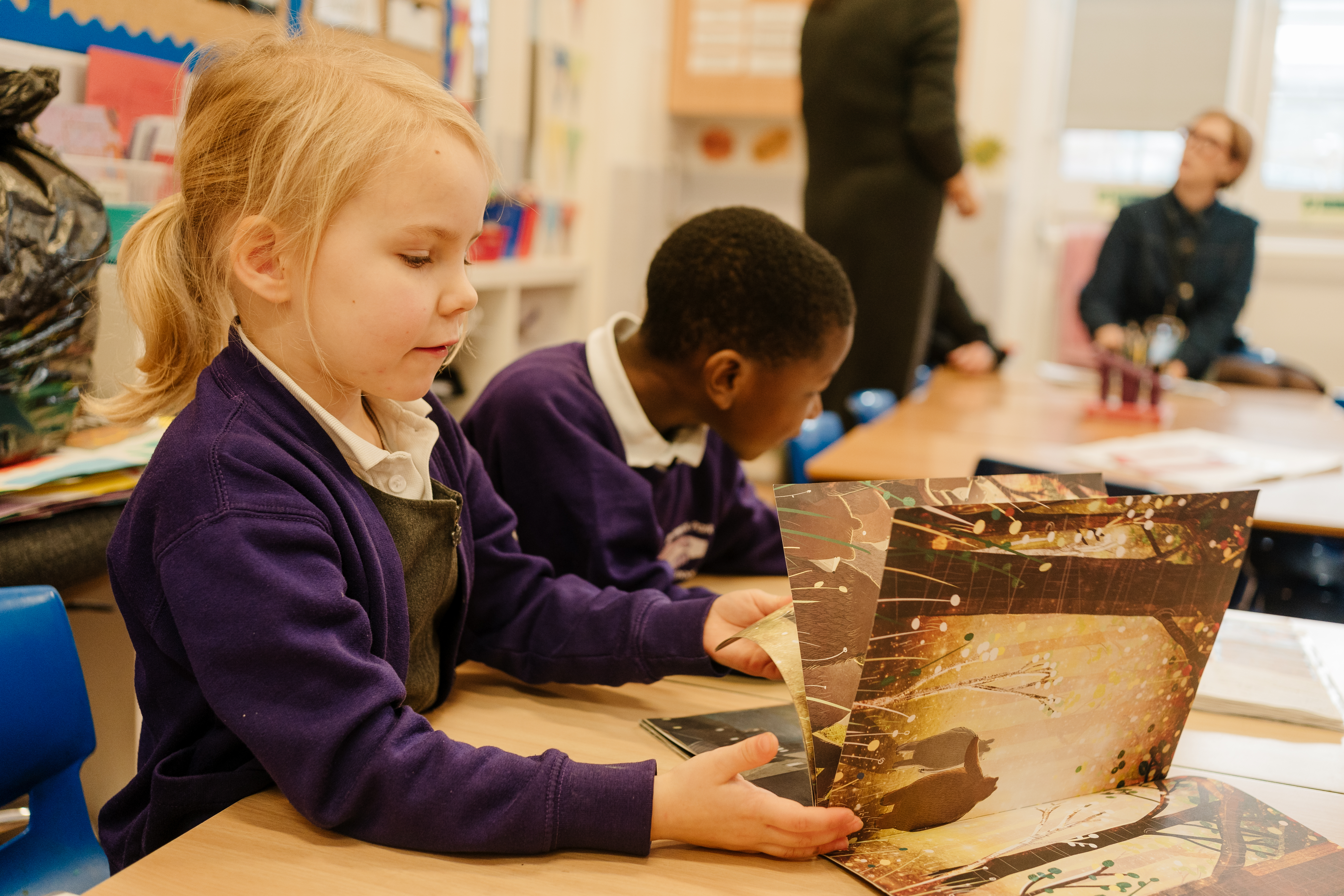 |
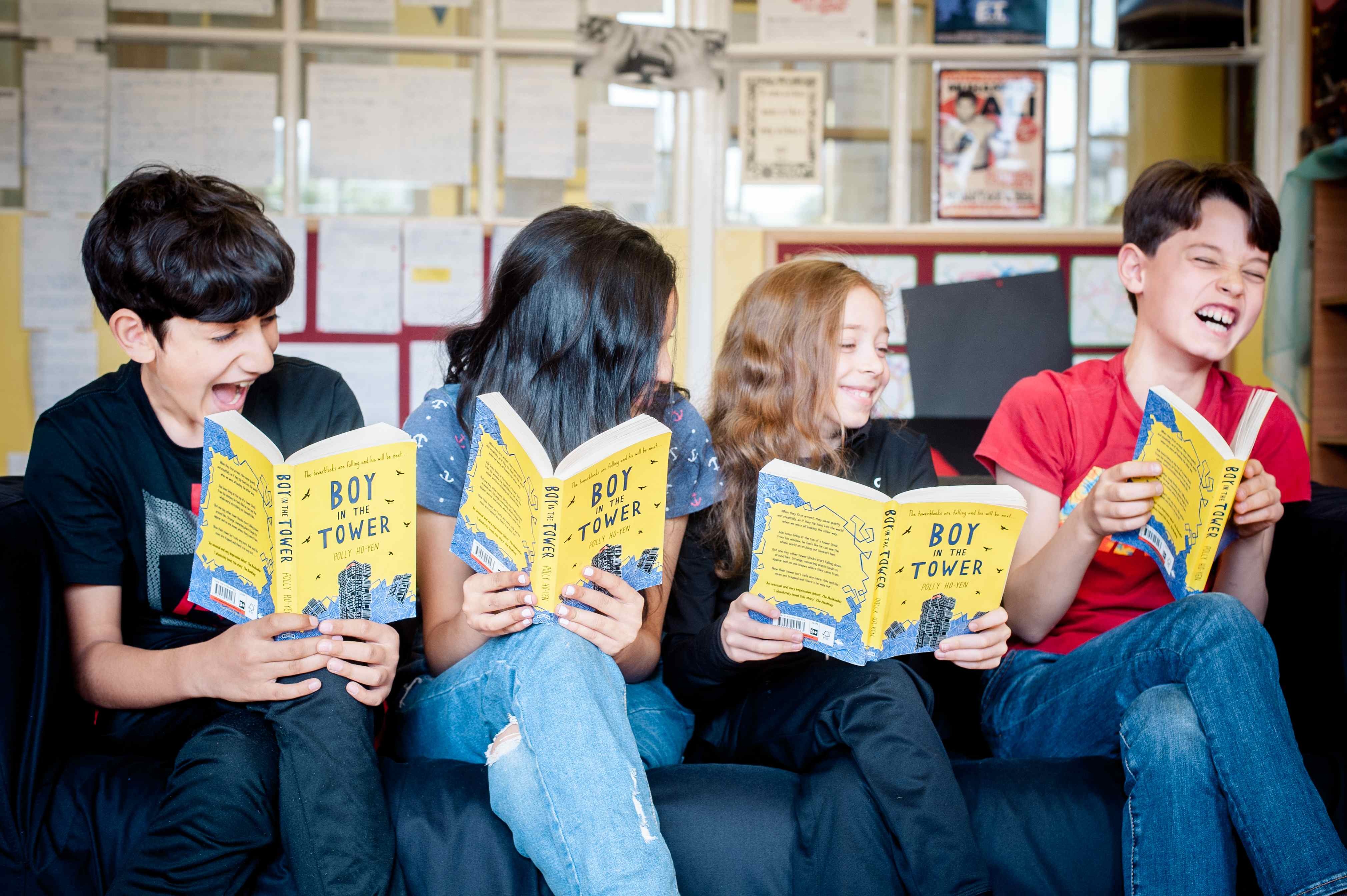 |
Diversity, Inclusion and Representation
We welcome that this review is explicit and definitive in many places that this is a Curriculum For All, where representation is key, “The national curriculum is for all our children and young people. As such, it should reflect our diverse society and the contributions of people of all backgrounds to our knowledge and culture,” and where children can see themselves and be seen. We are and always have been unapologetic in our inclusion and diversity focus, firm in our belief that children will be engaged when they feel represented authentically, which chimes with the message of this document “more needs to be done to ensure that all young people feel represented, to deliver on the equalities duties to support equality of opportunity, and to challenge discrimination.” This very much aligns with our approach and we have three representation panels (for SEND, Race & Culture and LGBTQIA+) who meet termly to reflect on book choices and support creating guidance notes and reflection points to help develop teachers’ confidence in using texts that can include challenging subject matter.
Additionally, we are so pleased that the curriculum review identifies other areas of the curriculum that are covered through Literacy Tree such as democracy, government, laws and rights, climate education and media literacy, as we have built in diverse texts that cover these areas and contextualises them. Although there are too many to list in this blog, Writing Roots such as The Three Little Pigs Project and the Reading Leaf Politics for Beginners spring to mind, supporting schools to teach that “secure knowledge is essential to discerning truth from falsehoods”. Additionally, our wide-ranging number of texts covering climate justice, such as The Journey Home, The Tin Forest, Can We Save the Tiger?, Dear Earth, We Are Water Protectors, and Stella and the Seagull. We have always believed that the best way to introduce children to wider themes is through engaging literature that asks questions and doesn’t shy away from challenging topics, supporting the assertion that “primary curriculum content should explore complementary and age-appropriate issues, including sustainable choices and habits and climate justice.”
 |
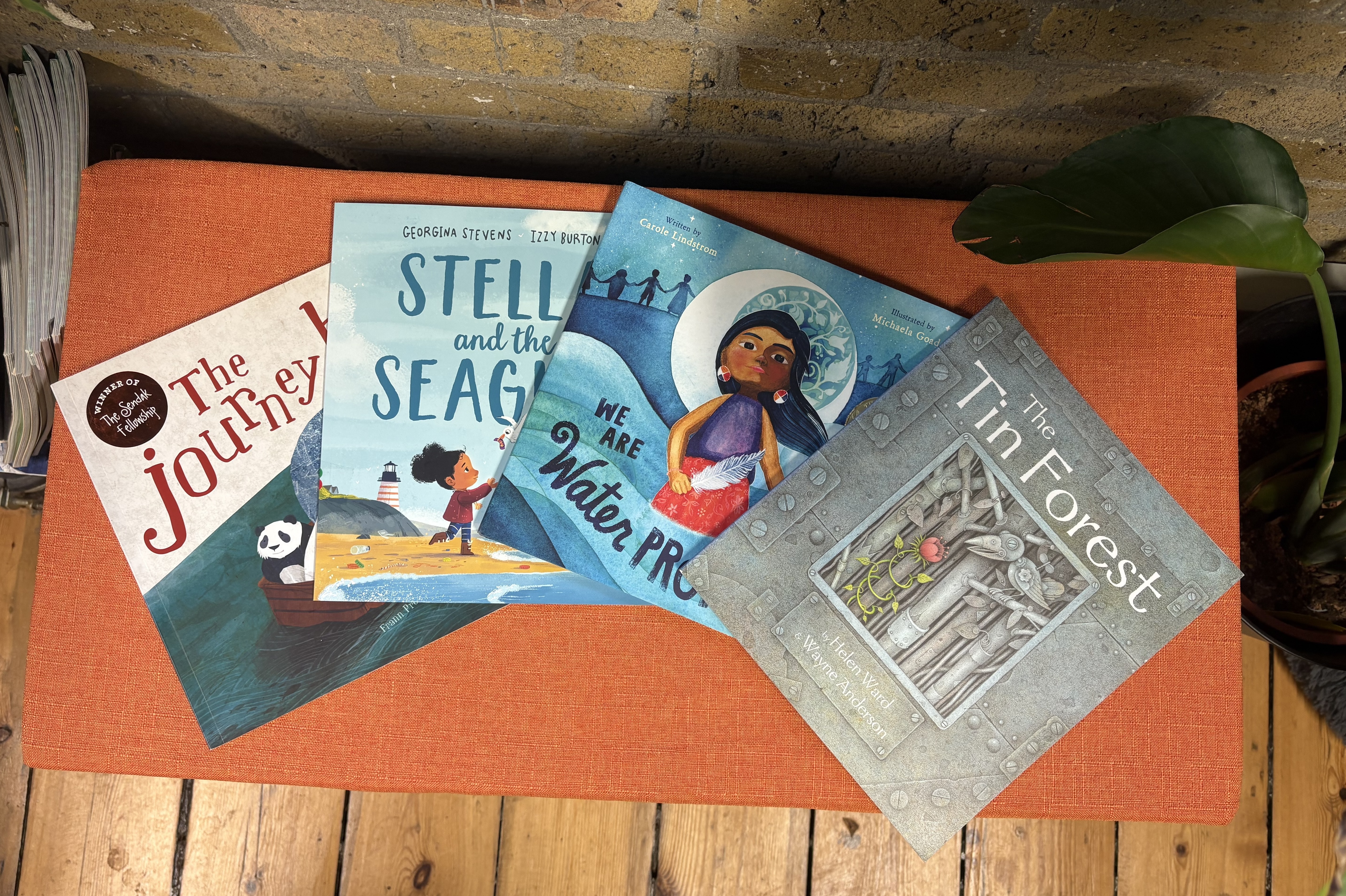 |
Grammar and Assessment
Since our inception, we have ensured grammar is embedded and at the heart of what we do with purposeful points of application, chiming with the more ‘integrated approach’ called for. Where terminology is included in our resources, it is not for the sake of naming parts, but to support children to talk metacognitively about their learning and writing. We agree that “this content is advanced and overly theoretical at this key stage” and “disengages pupils, and, crucially, does not help them to write well.” We know that purpose is key, and skills are embedded at the heart of everything we plan for. Alongside this, we fully support the resequencing of some aspects of the grammar curriculum, as well as the move to KS3 of some trickier aspects (see later re: transition). We welcome the changes to the GPS test to focus more on the application of grammar into writing rather than as a discrete skill “which retains some elements of the current GPS test but with new tasks to better assess composition and application of grammar and punctuation”.
This review acknowledges the importance of assessments as the fairest way of assessing (especially in English) and mitigating the risks AI poses, but acknowledges the gaps increasing within some groups. It also identifies the Phonics Screening Check as being a successful initiative in raising standards. It acknowledges the importance of identifying gaps as early as possible in children’s schooling and it discusses prioritising encouraging the take-up of KS1 testing. It also indicates the introduction of a Year 8 reading test to coincide with the launch of the new curriculum.
We await the changes to KS2 writing assessment with cautiousness, as we see the current system as working in our roles as moderation leads for 3 Local Authorities, but welcome improvement in schools collaborating to improve moderation processes outside of the external moderation cycle and will help in “improving consistency between external judgements”.
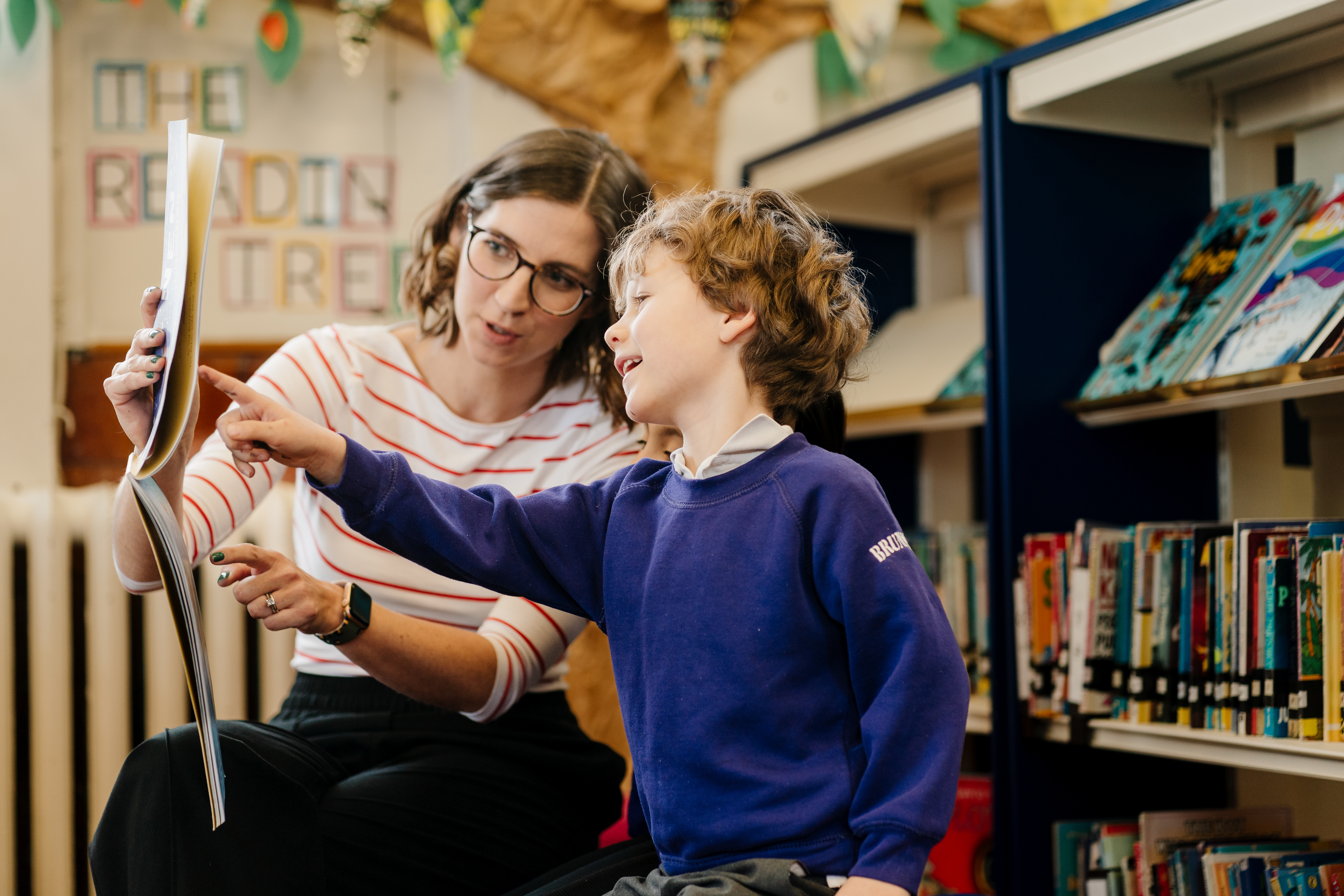 |
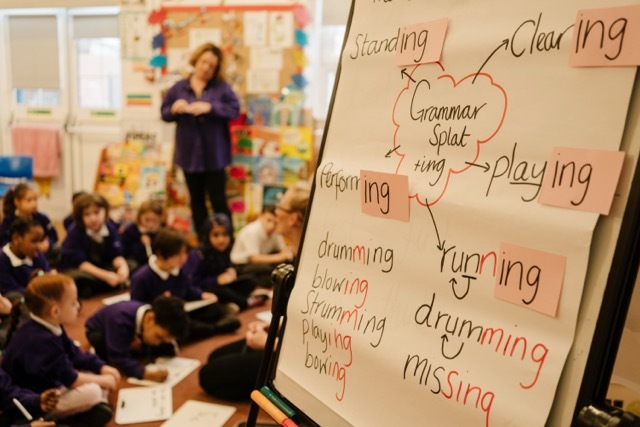 |
SEND, Curriculum coherence and Transition
The curriculum review identifies the socio-economic gap in attainment for SEND children and calls for the curriculum to remain broad and balanced whilst retaining space to secure, deepen and end extend their knowledge with mastery being retained as a key concept and a knowledge-rich approach being front and centre but identifying children who experience various barriers to accessing the curriculum “the curriculum should ensure that children and young people have sufficient space to secure, deepen and extend their foundational knowledge and skills, building on prior learning.” Coherence is crucial and better links between subject areas are called for. We have long highlighted the strong links between and across subjects that can be made through our texts and resources and know that, where those links are substantial, agreeing that “a coherent curriculum supports effective progression between key stages… however, better horizontal links could be made across subjects to highlight where content in one area relies on content in another.”
Transition is referenced many times and the need to make the move between KS2 and 3 more effective. We are in the process of growing our KS3 and transition offer with the introduction of planning sequences for The Song Walker among others, “Particular attention is given to the Key Stage 3 Programme of Study so that it can better support transition.”
Finally, we are delighted to see that this review highlights adaptation and the championing of teachers’ knowledge, expertise and professionalism in determining the need for adaptation with the curriculum acknowledged as “a baseline, rather than imposing limits”. It also acknowledges the importance of tapping into external expertise, “by providing teachers with resources, progression scaffolds and exemplification of good practice.” This further speaks to the need for inclusion, focusing on SEND and closing the attainment gap. We have long been advocates of adaptation, creating our app to support teachers to easily annotate and adapt and making all our live, online training included in our membership so that teachers feel empowered with the skills to make the changes they need for their learners.
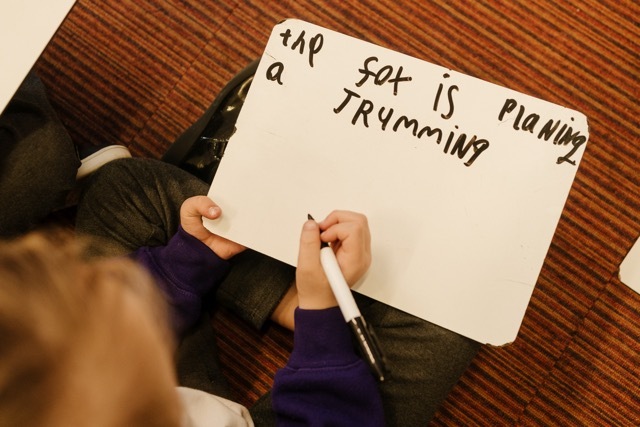 |
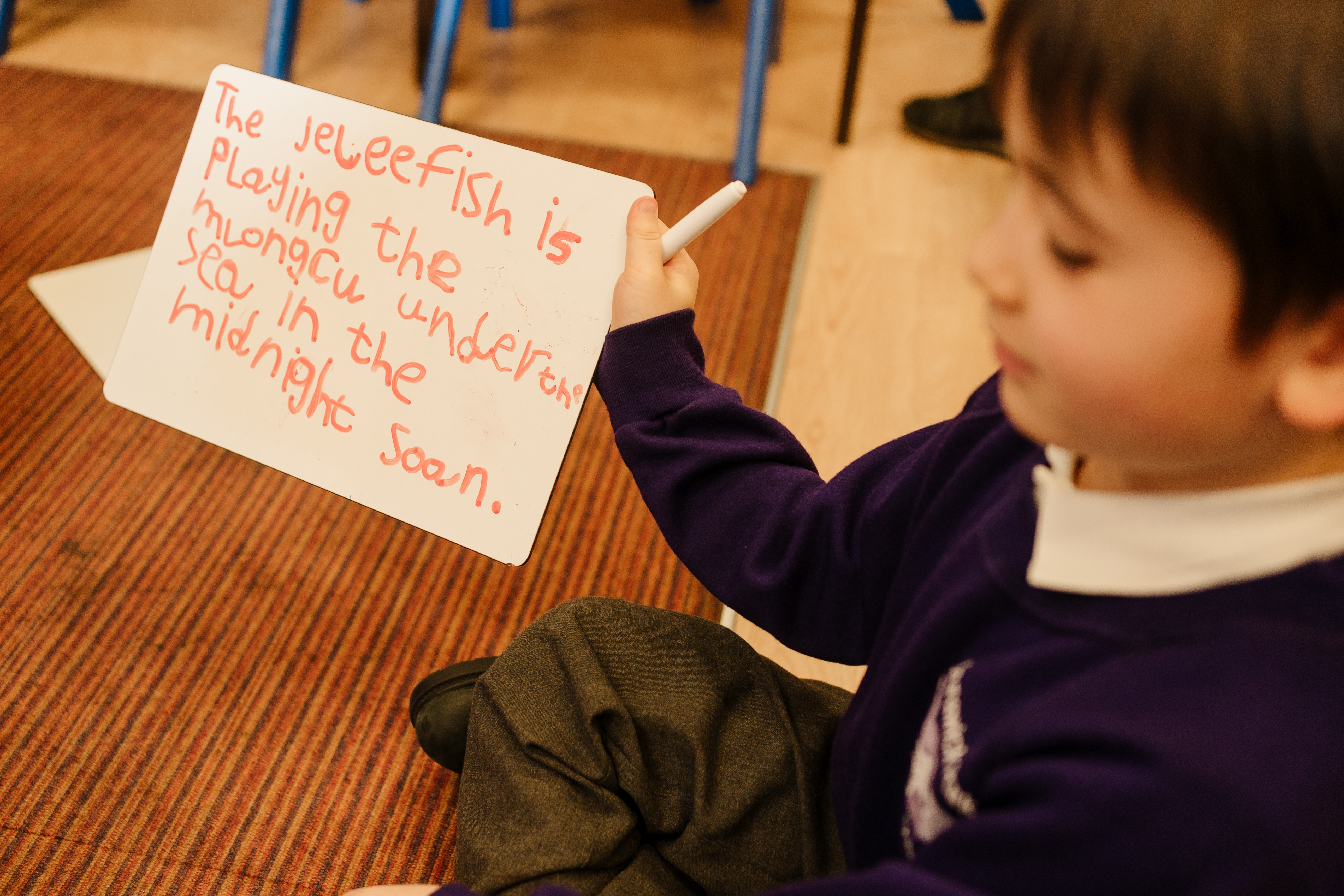 |
The Curriculum and Assessment Review offers a welcome moment of reflection and renewal for schools, reaffirming the importance of coherence, inclusion and purposeful literacy teaching. Its recommendations align closely with Literacy Tree’s commitment to developing a curriculum that is both ambitious and accessible – one rooted in high-quality literature, authentic writing and meaningful talk. As schools begin to interpret and embed these changes, we stand ready to support teachers through our professional development, curriculum design and suite of resources. Together, we can ensure that this next stage of curriculum evolution truly reflects and empowers every child to find their voice, see themselves represented and thrive as confident, articulate learners.